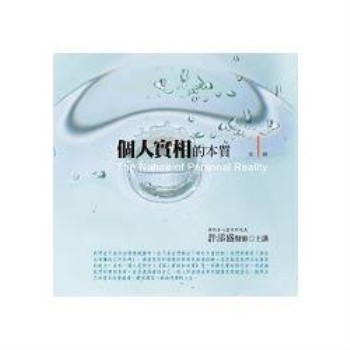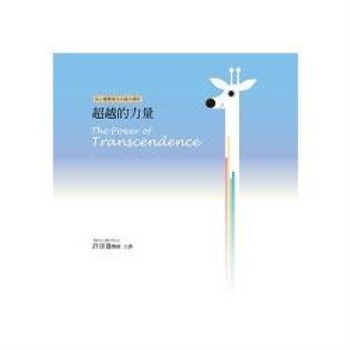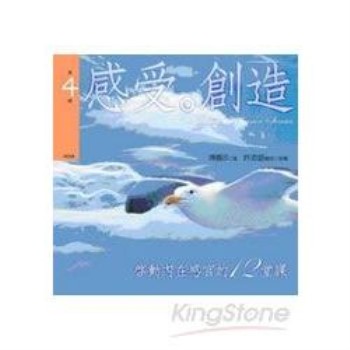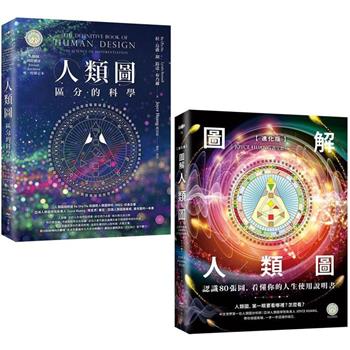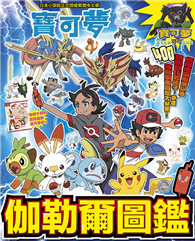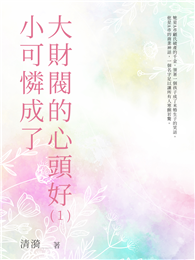Masumoto sees the price the family has paid to grow complex heirloom peaches -- when the market rewards tasteless, big, and red fruits -- and the challenges of maintaining traditions and integrity while working in the modern, high-pressure agricultural marketplace. As his father's health declines along with the profitability of the family farm, Masumoto has the further hard work of nursing his father back to health -- becoming master to the teacher who once schooled him -- and is driven beyond economic concerns to even larger questions of life, death, and renewal.
In his gorgeous, lyrical prose, Masumoto conjures the realities of farming life while weaving in the history of American agriculture over the past century, encapsulating universal themes of work along with wisdom that could be gleaned only from the earth. By the end of the workday, he understands the feeling of accomplishment when you've done your best...and discovers that it's when he lets go -- of both his father and control of nature -- that wisdom manifests itself. And, when Masumoto's daughter intends to return to the family farm, hope is found in the generations. In the quiet eloquence of Wisdom of the Last Farmer, you will see how your own destiny is involved in the future of your food, the land, and the farm.

